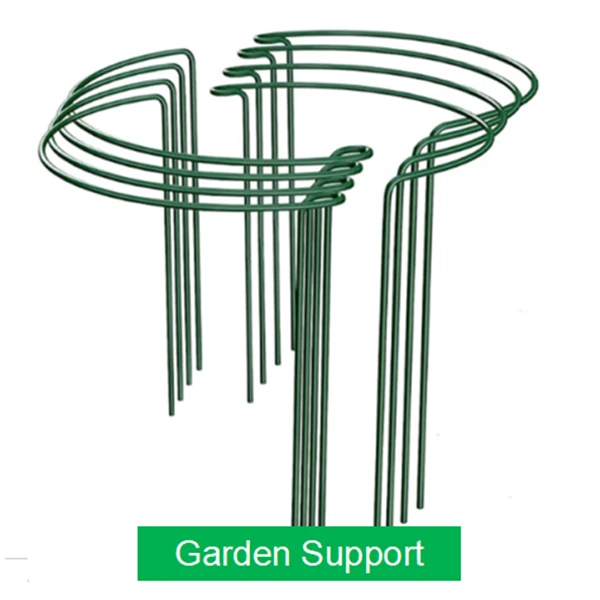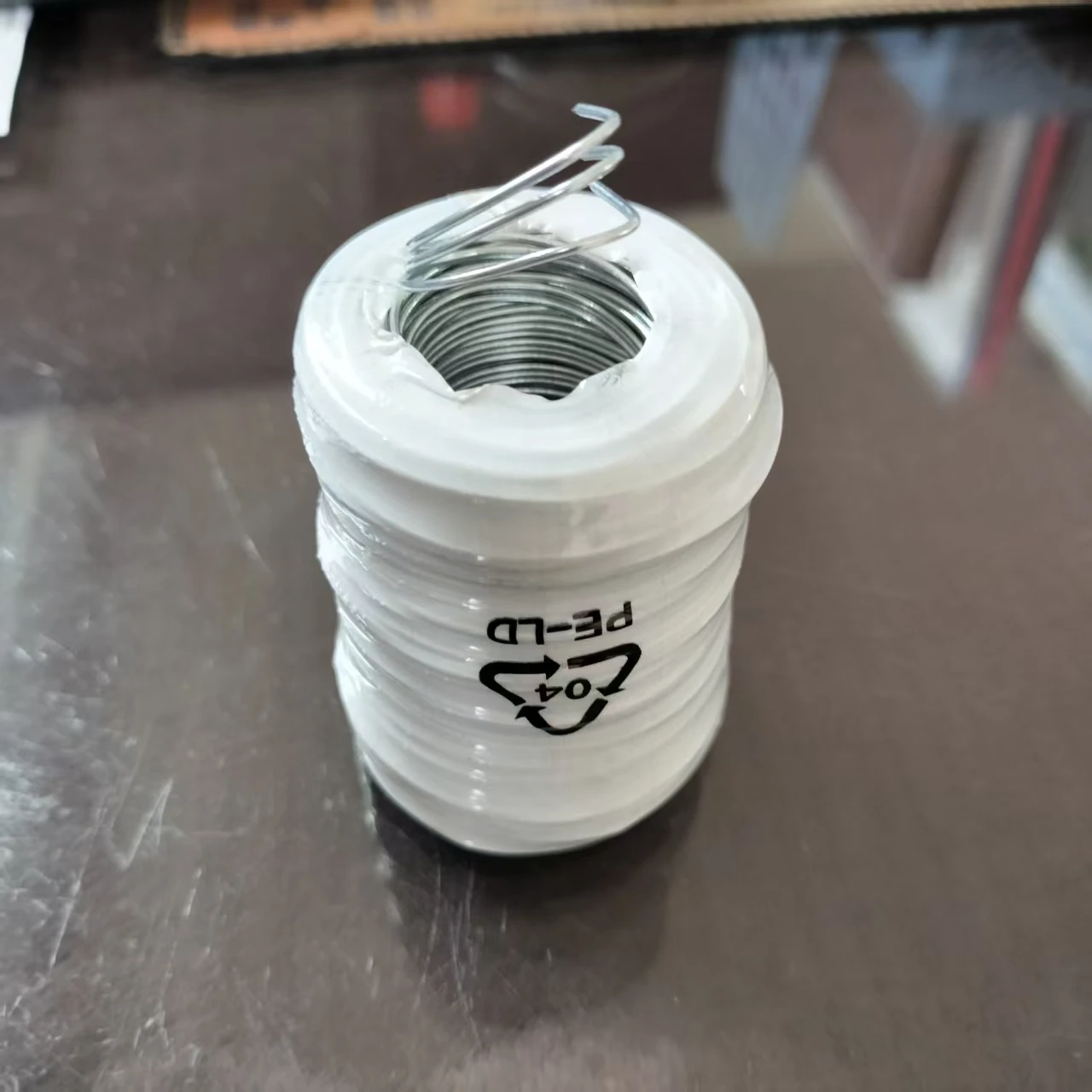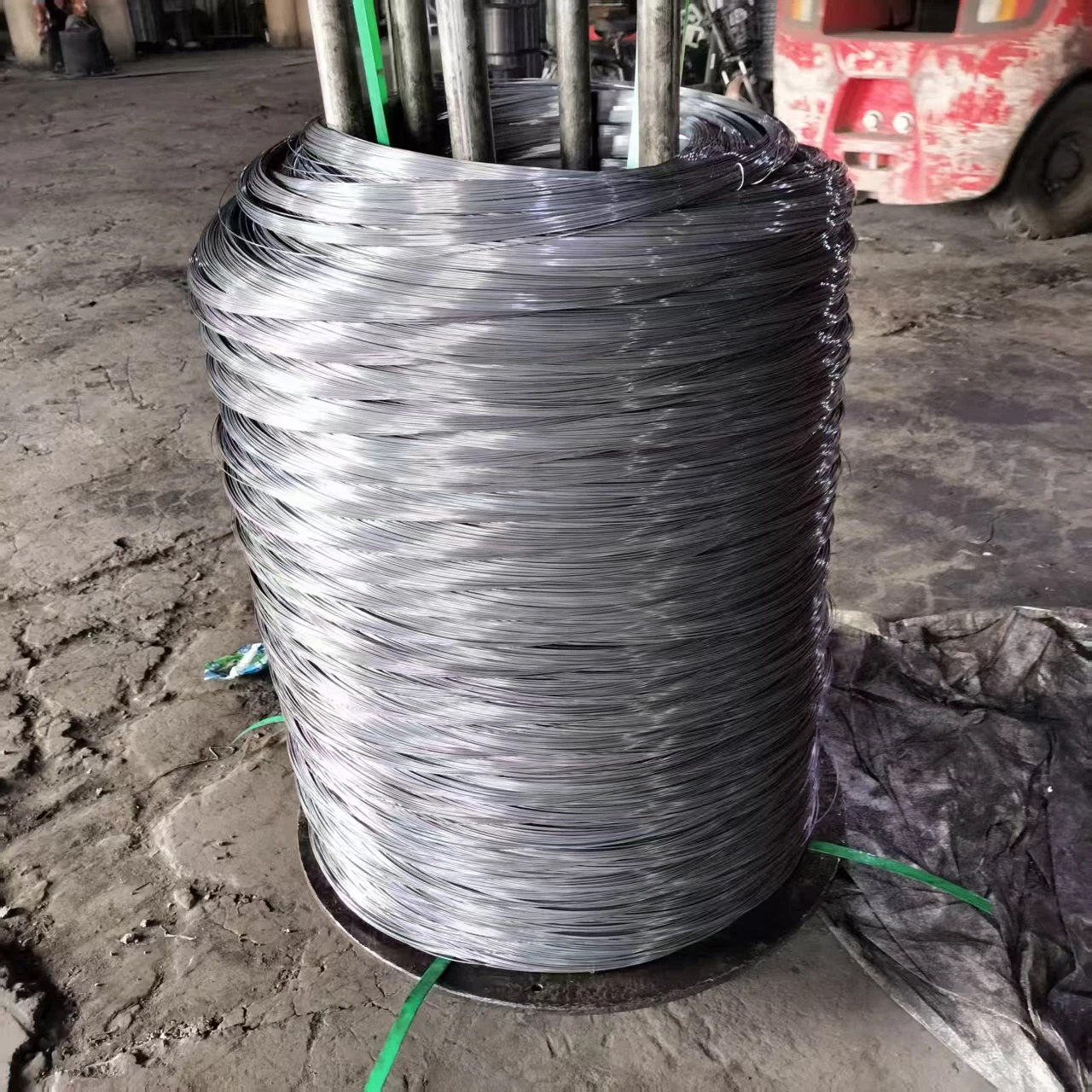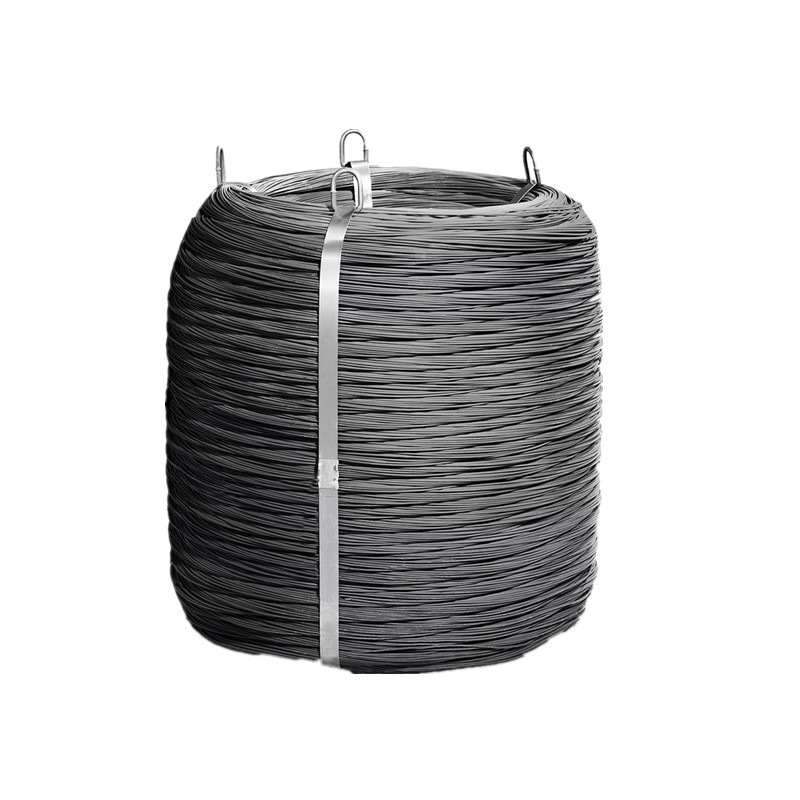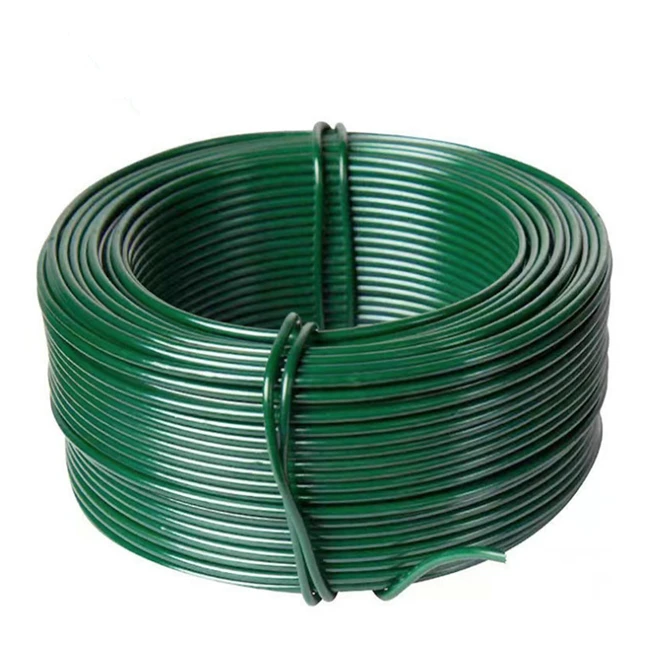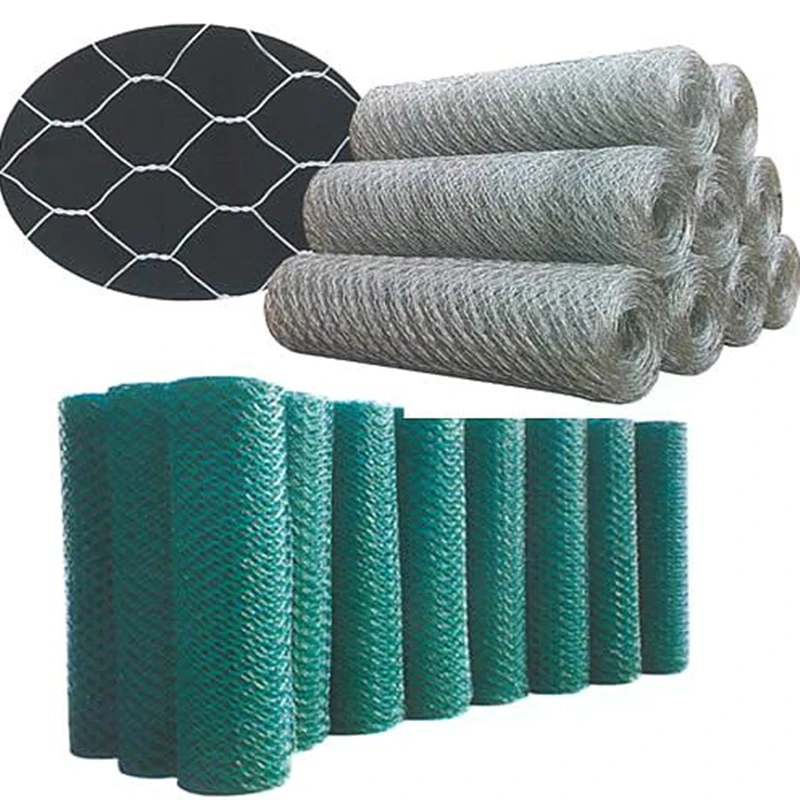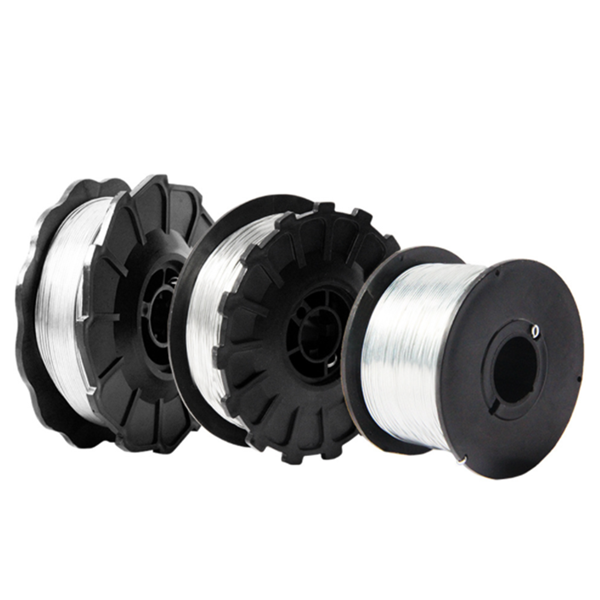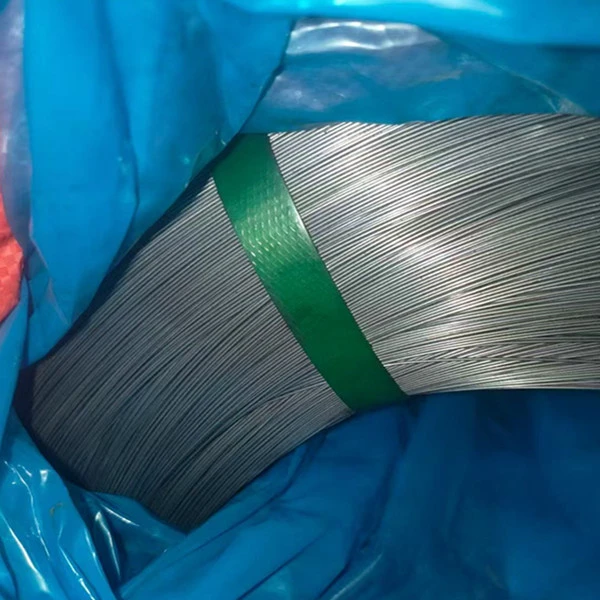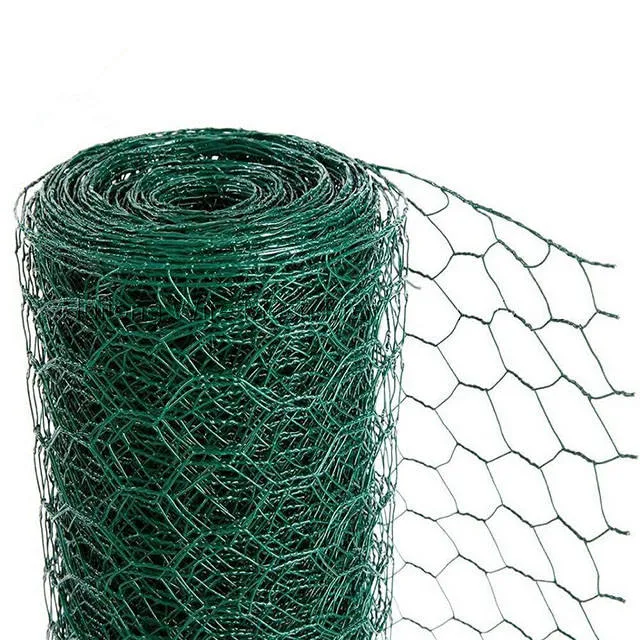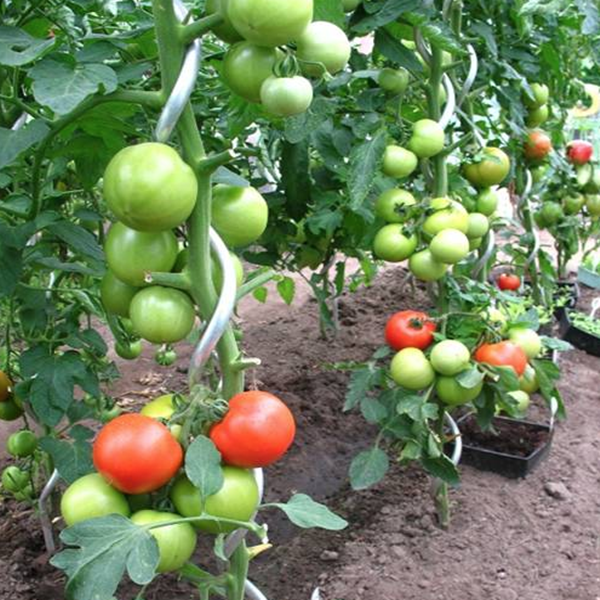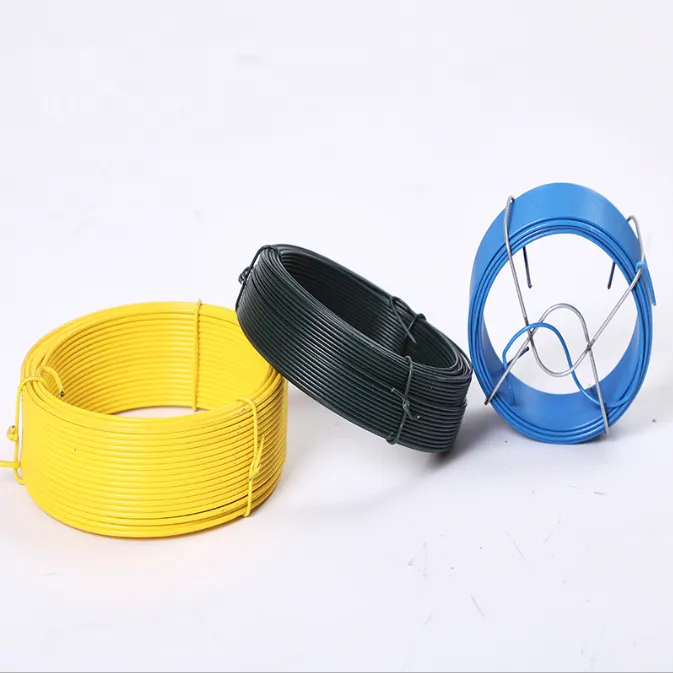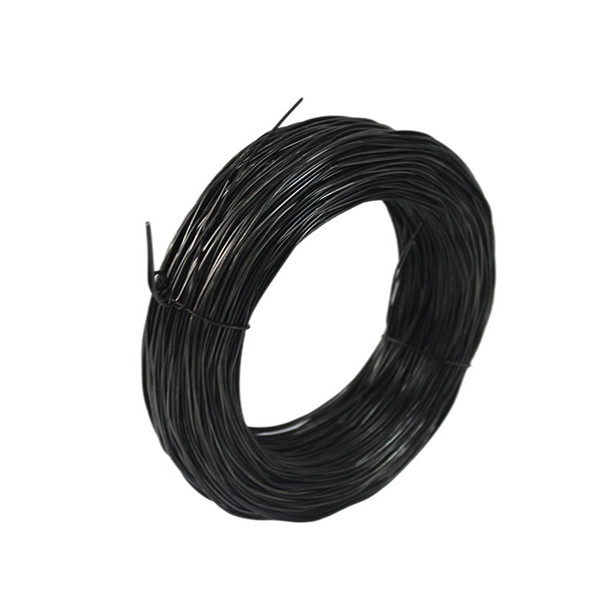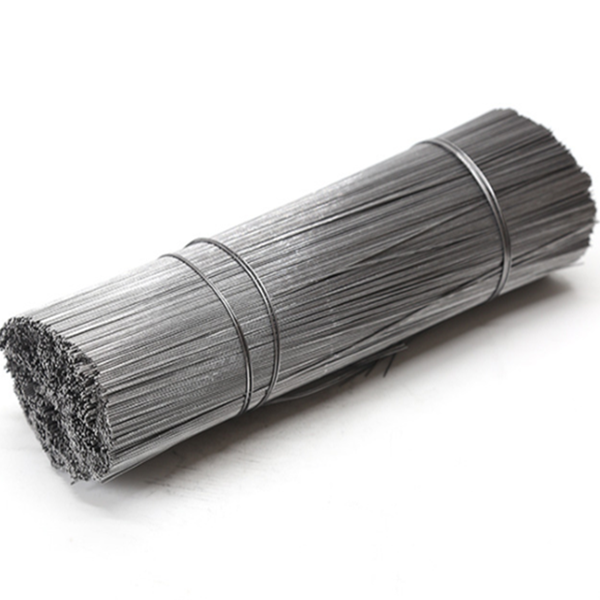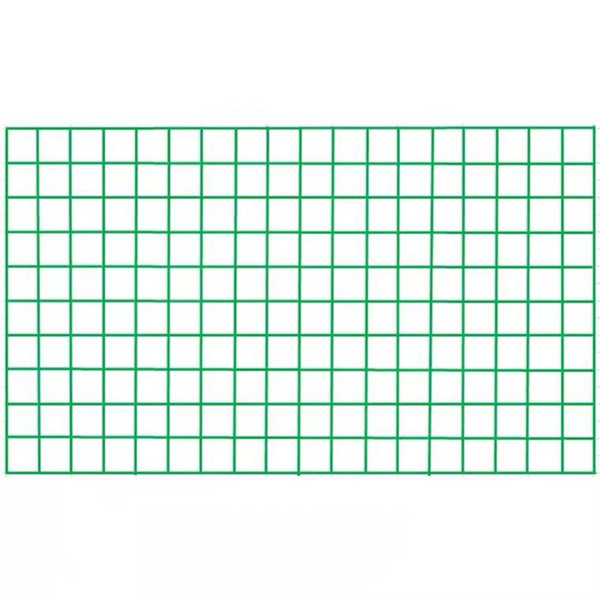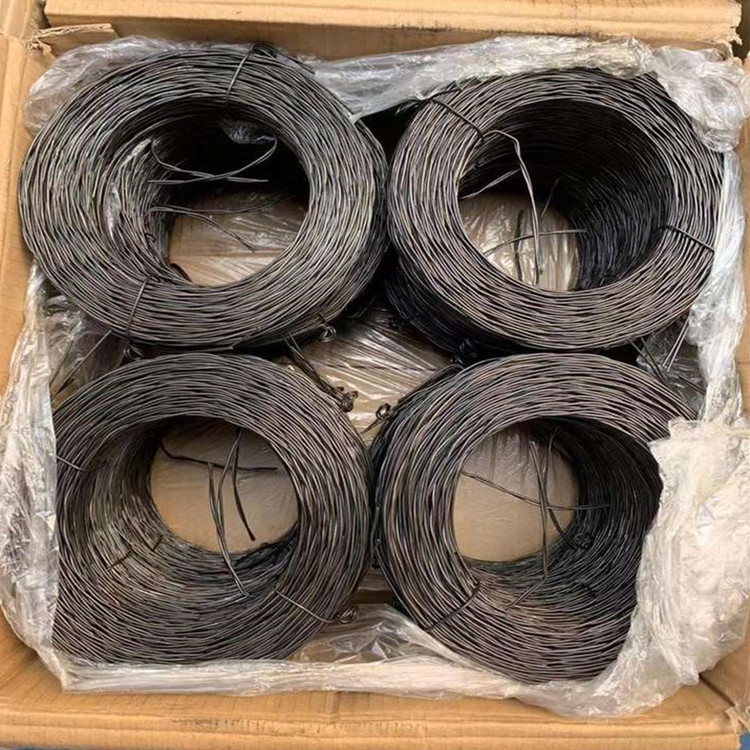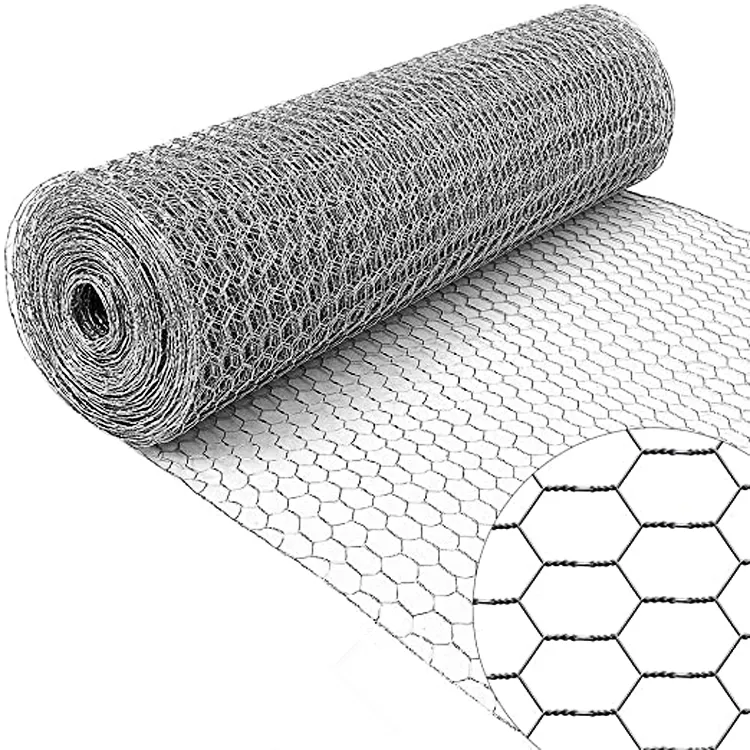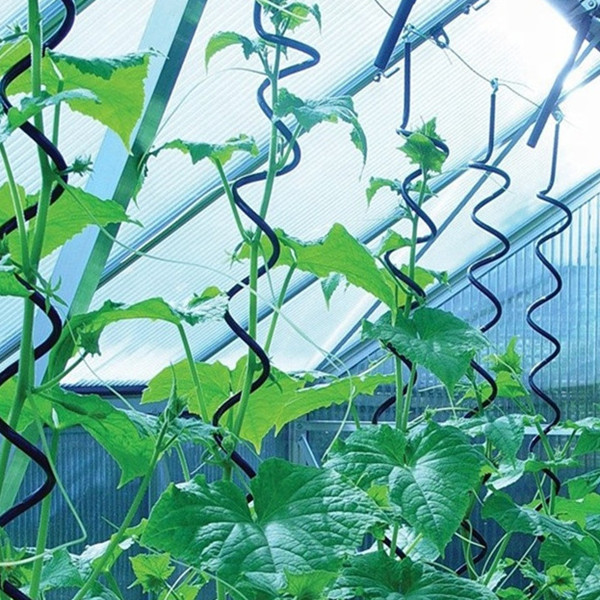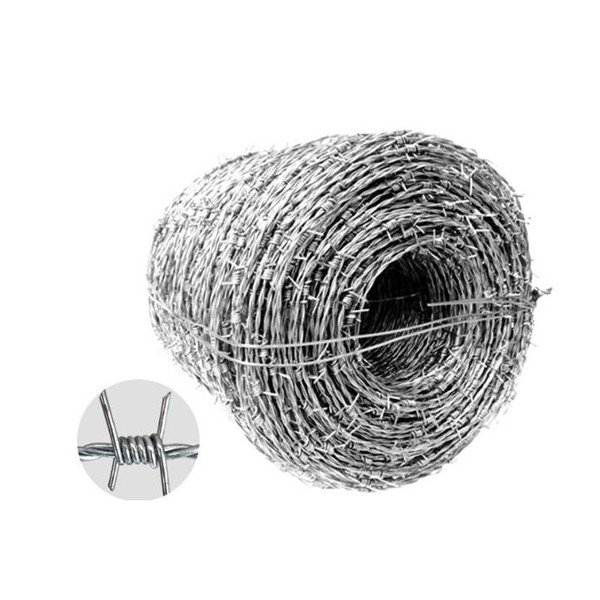High tensile barbed wire—a reinforced variant of traditional barbed wire—is a game-changer in security and fencing solutions, offering unmatched durability, strength, and longevity for barbed wire fence applications. Dingzhou Lanye Metal Products Co., Ltd., established in 2005 as a large-scale manufacturer of high-quality steel wire and wire mesh, brings its innovative spirit and strict quality focus to high tensile barbed wire production. Composed of a young, energetic team dedicated to product excellence, the company boasts its own R&D team, quality inspection department, and comprehensive quality control system—ensuring every roll of high tensile barbed wire undergoes rigorous testing and perfect packaging before reaching clients. For wholesalers supplying agricultural, industrial, or residential security clients, partnering with Dingzhou Lanye means accessing scalable high tensile barbed wire solutions that outperform generic barbed wire—avoiding frequent replacements, security gaps, and maintenance headaches.

Key Advantages of High Tensile Barbed Wire
- Exceptional Strength & Tensile Resistance of High Tensile Barbed Wire : Unlike traditional barbed wire, high tensile barbed wire from Dingzhou Lanye is made from high-carbon steel wire with a tensile strength of 1200–1500 MPa—able to withstand heavy impacts, animal pressure, and extreme weather without breaking or stretching. This makes it ideal for barbed wire fence in agricultural settings (to contain large livestock like cattle or horses) and industrial security (to deter trespassing). An agricultural wholesaler reported that high tensile barbed wire fences lasted 15+ years on client farms, compared to 5–7 years for standard barbed wire fences that often snapped under livestock pressure. Wholesalers can emphasize this strength advantage to clients, as it directly reduces long-term fencing costs and maintenance efforts.
- Superior Corrosion Resistance for Long-Term Use of Barbed Wire: Dingzhou Lanye’s high tensile barbed wire undergoes advanced anti-corrosion treatments—hot-dip galvanization or PVC coating—that protect against rust, moisture, and chemical exposure. Hot-dip galvanized high tensile barbed wire features a thick zinc layer (≥80g/m²) that resists rain, humidity, and soil corrosion, while PVC-coated variants add an extra layer of protection for coastal or industrial areas with high chemical exposure. A industrial security wholesaler noted that PVC-coated high tensile barbed wire fences showed no signs of rust after 10 years in a coastal factory, compared to uncoated barbed wire that corroded completely in 3 years. Wholesalers can market this as a “low-maintenance” benefit, as corrosion resistance eliminates the need for frequent fence repairs or replacements.
High Tensile Barbed Wire Types: Specifications & Uses
|
Product Type |
Key Specifications (Dingzhou Lanye’s Standards) |
Advantages for Wholesalers |
Ideal Barbed Wire Fence Applications |
Why Choose Over Generic Barbed Wire? |
|
Hot-Dip Galvanized High Tensile Barbed Wire |
Material: High-carbon steel wire (tensile strength: 1200–1400 MPa); Zinc coating: ≥80g/m²; Barb spacing: 10–15cm; Roll length: 50–100m |
Rust-resistant (outdoor use); durable (15+ years lifespan); bulk supply (10+ rolls per lot) |
Agricultural fences (livestock containment), rural property boundaries, farm security (high-impact needs) |
High tensile strength (no breakage under livestock pressure); thick zinc coating (no rust vs. generic thin galvanization) |
|
PVC-Coated High Tensile Barbed Wire |
Material: High-carbon steel wire (tensile strength: 1300–1500 MPa); PVC coating thickness: 0.8–1.2mm; Color: black/green; Barb spacing: 12cm; Roll length: 30–80m |
Chemical-resistant (industrial/coastal use); aesthetic (blends with surroundings); scratch-resistant |
Industrial security fences (factory perimeters), coastal property fencing, decorative security barriers (visual appeal needs) |
PVC coating (resists chemical corrosion); high tensile strength (deters trespassing vs. generic weak wire) |
|
Double-Strand High Tensile Barbed Wire |
Material: Two strands of high-carbon steel wire (tensile strength: 1400–1600 MPa); Hot-dip galvanized; Barb spacing: 8–12cm; Roll length: 40–90m |
Extra strength (high-security needs); double protection (deters aggressive trespassing); easy to install |
High-security areas (prison perimeters, military bases), wildlife conservation fences (large animal deterrence) |
Double strands (unbreakable under extreme force); high tensile strength (longest lifespan vs. single-strand generic) |
Tips for Wholesalers Promoting High Tensile Barbed Wire
- Highlight Quality Assurance & Consistent Performance: Dingzhou Lanye’s high tensile barbed wire is produced under strict quality control—every roll is tested for tensile strength, coating adhesion, and barb sharpness to ensure no defective products reach clients. The company’s R&D team also continuously optimizes wire composition, such as adding manganese to enhance tensile strength without increasing brittleness. A security wholesaler reported that high tensile barbed wire from Dingzhou Lanye had a 0.3% return rate, compared to 10% for generic barbed wire (due to weak strands or peeling coating). Wholesalers can use this quality consistency to build trust with clients, positioning Dingzhou Lanye as a reliable partner for long-lasting, high-performance barbed wire fence
- Emphasize Cost-Effectiveness Over Lifespan: While high tensile barbed wire has a slightly higher upfront cost than traditional barbed wire, its 15–20 year lifespan (vs. 5–7 years for generic) makes it far more cost-effective long-term. A rural property wholesaler calculated that clients using high tensile barbed wire fences saved 60% over 15 years, as they avoided 2–3 rounds of fence replacement and maintenance. Wholesalers can frame this as a “smart investment,” as clients prioritize long-term savings over short-term costs—especially agricultural and industrial clients with large fencing needs.
High Tensile Barbed Wire FAQS
Is High Tensile Barbed Wire Suitable for Livestock Containment Fences?
Yes—Dingzhou Lanye’s high tensile barbed wire is ideal for livestock containment barbed wire fence applications. Its high tensile strength (1200–1600 MPa) withstands the pressure of large livestock like cattle, horses, or sheep without breaking, and the sharp barbs deter animals from leaning or pushing against the fence. Hot-dip galvanized variants also resist corrosion from animal waste and soil moisture, ensuring long-term use. An agricultural wholesaler used high tensile barbed wire for a client’s 50-acre cattle farm, reporting zero fence breaks or livestock escapes over 8 years—compared to 3–4 breaks per year with generic barbed wire. Wholesalers can assure clients that high tensile barbed wire is “livestock-tough,” with specs tailored to the demands of agricultural fencing.
Can High Tensile Barbed Wire Be Used in Coastal Areas With High Humidity?
Absolutely—Dingzhou Lanye’s PVC-coated high tensile barbed wire is specifically designed for coastal areas with high humidity and salt exposure. The thick PVC coating (0.8–1.2mm) acts as a barrier against saltwater and moisture, preventing rust and corrosion that plague uncoated barbed wire. Hot-dip galvanized variants also work for mild coastal conditions, but PVC-coated options offer maximum protection. A coastal property wholesaler installed PVC-coated high tensile barbed wire fences for beachfront homes, noting no rust or coating peeling after 10 years—while generic galvanized barbed wire corroded completely in 4 years. Wholesalers can highlight this coastal suitability to clients, as it fills a gap left by generic barbed wire that fails in humid, salty environments.
How Does High Tensile Barbed Wire Compare to Traditional Barbed Wire for Fencing?
High tensile barbed wire outperforms traditional barbed wire in three key ways: strength (1200–1600 MPa vs. 600–800 MPa for generic), lifespan (15–20 years vs. 5–7 years), and maintenance (negligible vs. frequent repairs). Traditional barbed wire often stretches, breaks, or rusts quickly, requiring regular fence checks and replacements—especially for large areas. A farm wholesaler tested both: clients with high tensile barbed wire fences spent 80% less on maintenance over 10 years, compared to those with traditional barbed wire fences. For clients prioritizing durability and low maintenance, high tensile barbed wire is the clear choice—wholesalers can use this comparison to guide clients toward long-term savings.
Does Dingzhou Lanye Offer Bulk Discounts for High Tensile Barbed Wire Orders?
Yes—Dingzhou Lanye provides tiered bulk discounts for high tensile barbed wire, barbed wire, and barbed wire fence materials. For example, wholesalers ordering 50–100 rolls get 8% off, 100–200 rolls get 12% off, and 200+ rolls get 15% off—plus free shipping for orders over 300 rolls. A large agricultural wholesaler saved 14% on a 250-roll order of hot-dip galvanized high tensile barbed wire for their spring farming season, making it more cost-competitive than generic suppliers. The company also offers flexible roll lengths (30–100m) to fit clients’ specific fencing needs, reducing waste. Wholesalers can use these discounts to attract large-scale buyers, as bulk pricing aligns with the high-volume demands of agricultural, industrial, and security clients.
What Quality Controls Ensure Dingzhou Lanye’s High Tensile Barbed Wire Durability?
Dingzhou Lanye implements multi-layer quality controls for high tensile barbed wire: every batch of steel wire is tested for tensile strength using hydraulic testing machines, coating thickness is measured with ultrasonic gauges, and barb sharpness is checked to ensure effective deterrence. The company’s quality inspection department also conducts random sampling of finished rolls to test corrosion resistance (via salt spray tests for galvanized variants). A quality-focused wholesaler reported that high tensile barbed wire from Dingzhou Lanye passed 100% of their in-house durability tests, compared to 75% for generic barbed wire (due to low tensile strength or thin coating). For wholesalers supplying clients who value reliability, these controls ensure consistent, long-lasting products.




